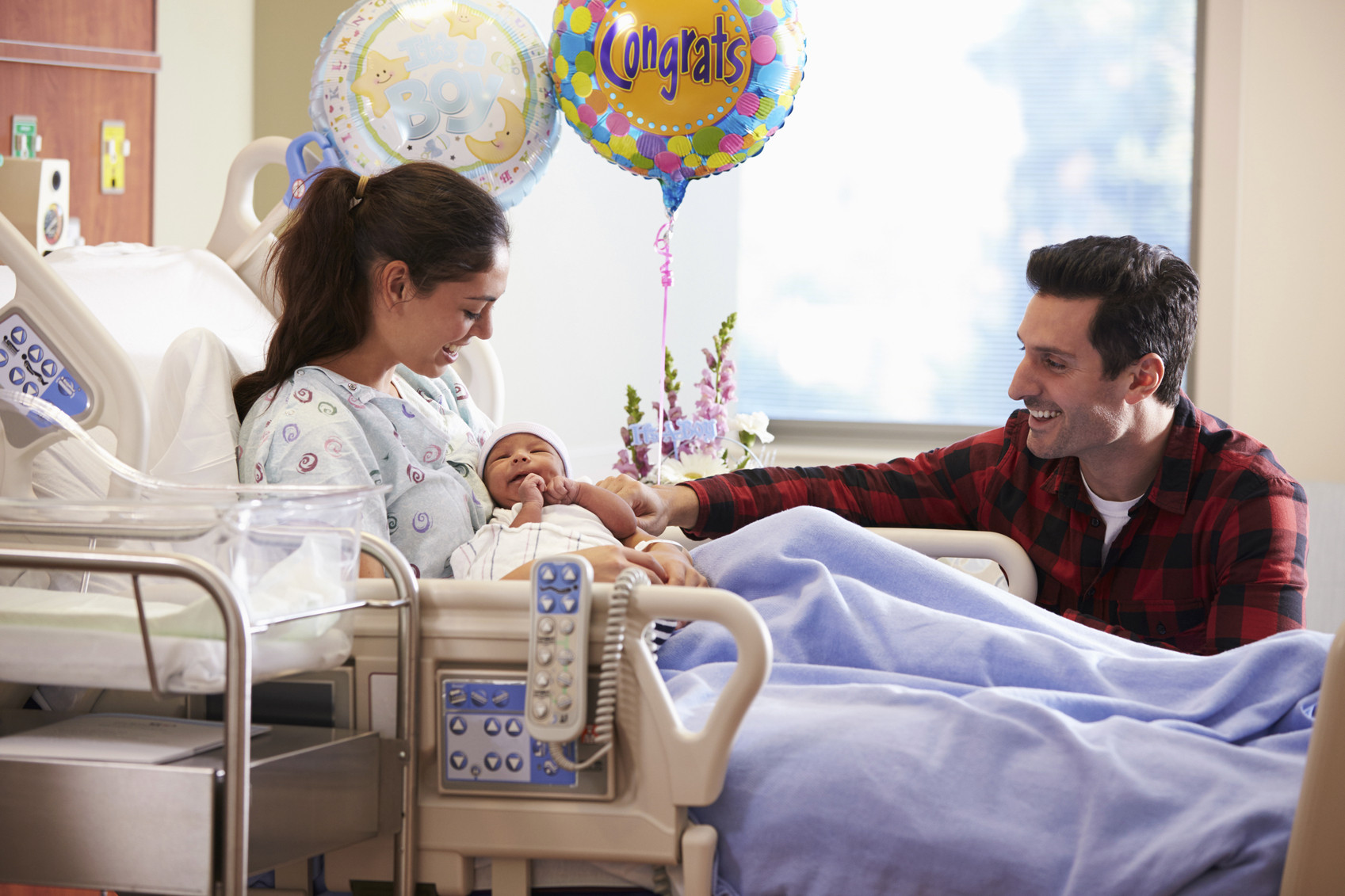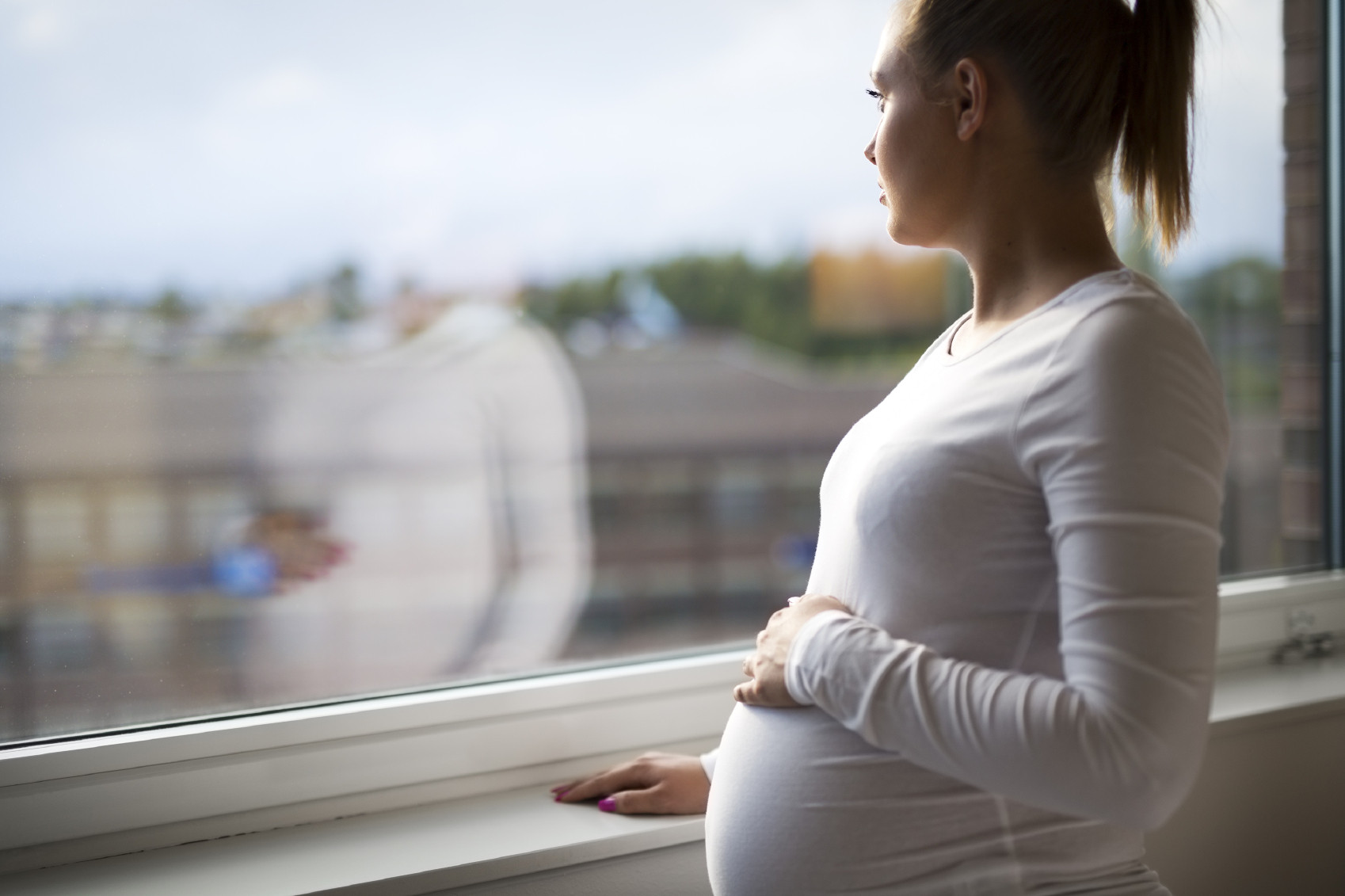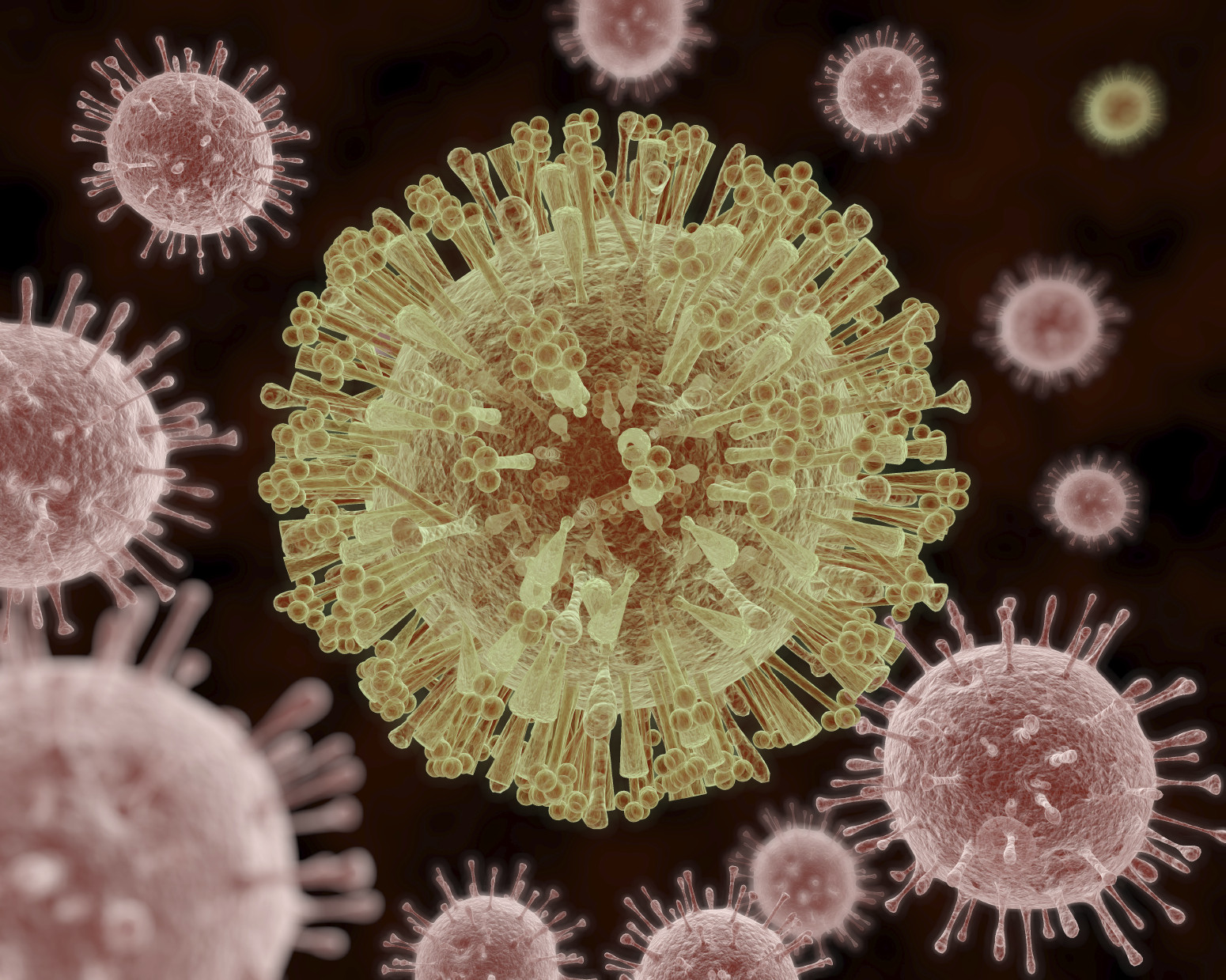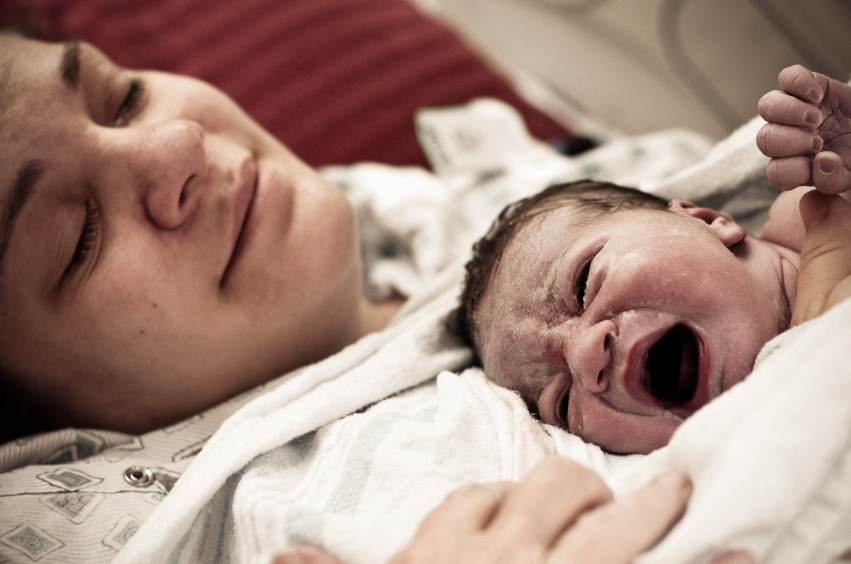
Wildfires: How to cope when smoke affects air quality and health

What can magnesium do for you and how much do you need?

Dry socket: Preventing and treating a painful condition that can occur after tooth extraction

What happens during sleep �� and how to improve it

How is metastatic prostate cancer detected and treated in men over 70?

Could biofeedback help your migraines?

What is autism spectrum disorder?

Plantar warts: Options for treating this common foot condition

Cancer survivorship: What comes next after treatment

Nutritional yeast: Does this savory, vegan seasoning pack a nutritional punch?
Pregnancy Archive
Articles
Ask the doctor: Is placing an IUD immediately after delivery safe?
Can hormonal birth control trigger depression?
Research from Denmark found an association between the use of hormonal birth control and an increased likelihood of depression. While the risk of depression among women using hormonal forms of birth control was clearly increased, the overall number of women affected was small and was found to be highest in women under 20.
Birth control right after having a baby: Why it’s important, why it should be covered
Many women may plan to start using birth control at their six-week postpartum checkup, but as many as 40% of women do not go to a follow-up appointment. The American Congress of Obstetricians and Gynecologists advocates for offering women the option of long-acting, implantable contraceptives in the period immediately following giving birth, before leaving the hospital. It’s safe, effective, and eliminates the need for an outpatient visit during a hectic time. Making postpartum contraception easily available and a covered benefit is essential to reduce unintended pregnancy and rapid, repeat pregnancy rates.
Does taking progesterone reduce miscarriage risk?
A major controlled clinical trial indicates that taking progesterone doesn’t prevent miscarriage in women at elevated risk.
Progesterone supplements don’t help prevent miscarriage
Miscarriages can be devastating �� especially for women who experience recurrent miscarriage, defined as three or more in a row. Doctors used to give these women supplements of progesterone, a hormone that helps maintain a healthy pregnancy. However, a recent study has confirmed that these supplements don’t improve pregnancy outcomes. For those who experience recurrent miscarriage, the best solution may be to simply keep trying.
Should my daughter have her labor induced?
Ask the doctors
Image: Thinglass/Thinkstock
Q. My daughter is 38 years old and pregnant with her first child. Her due date is in two weeks, and her doctor has recommended that she have labor induced a week early. Why can't she just allow nature to take its course?
A. Having a baby when you're "older" can have some advantages—women may feel more secure with them-selves, their relationships, or their careers. However, expectant moms 35 or older—and their babies—have some increased pregnancy-related risks.
Over 35 and expecting: Is it safer to give birth “early��?
For women having children over age 35, the decision to induce labor is usually based on an increased risk of stillbirth. The duration of labor also factors into the decision, as does the possibility that induction could increase the chance of a cesarean birth, though current medical evidence does not necessarily support this assertion.

Wildfires: How to cope when smoke affects air quality and health

What can magnesium do for you and how much do you need?

Dry socket: Preventing and treating a painful condition that can occur after tooth extraction

What happens during sleep �� and how to improve it

How is metastatic prostate cancer detected and treated in men over 70?

Could biofeedback help your migraines?

What is autism spectrum disorder?

Plantar warts: Options for treating this common foot condition

Cancer survivorship: What comes next after treatment

Nutritional yeast: Does this savory, vegan seasoning pack a nutritional punch?
Free Healthbeat Signup
Get the latest in health news delivered to your inbox!
Sign Up











